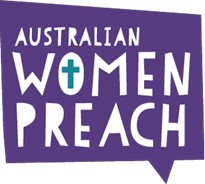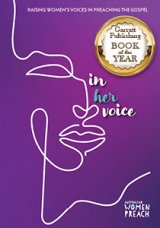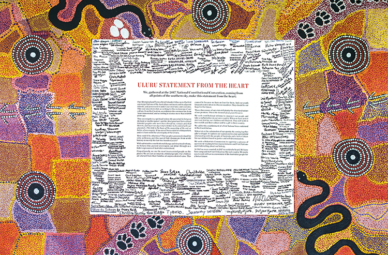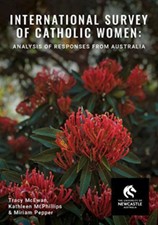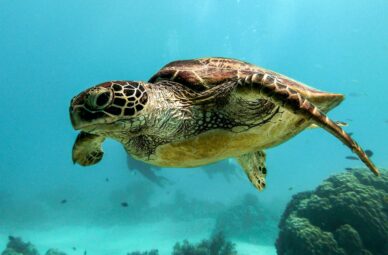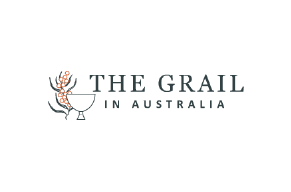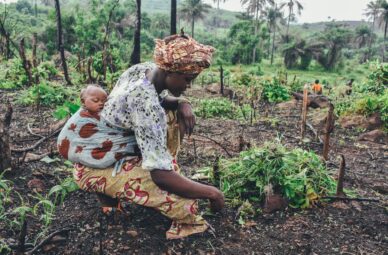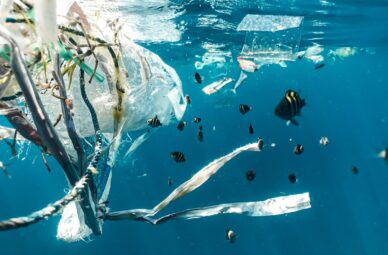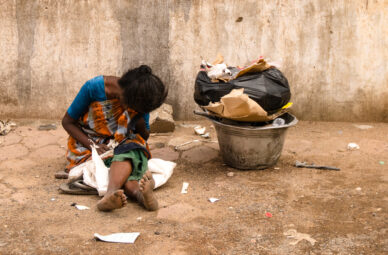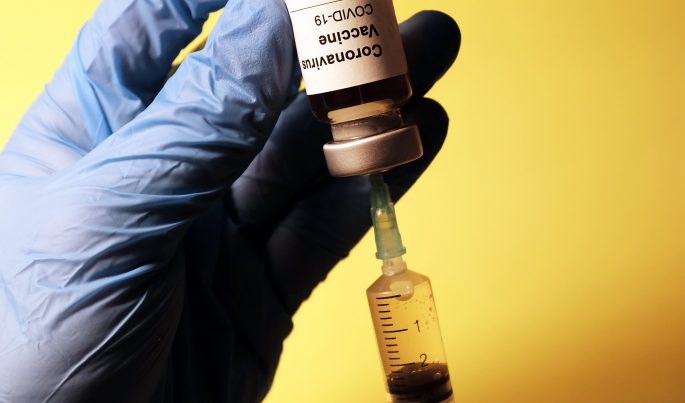
Pacific News | The COVID Crisis in Fiji
August 26, 2021Fiji has suffered the indirect economic impact of the COVID-19 pandemic over the last year, but the virus was contained by enforcing quarantine restrictions on people entering the country. However, in April 2021 Fiji recorded a case transmitted in the community and now the Delta variant of the disease is spreading through the nation of 900,000 people. In early August Fiji was recording an average of 1200 new cases a day. Relative to its population, the number of new cases in Fiji was above the maximum reached by India at the peak of its recent outbreak. Case numbers are currently around 515 a day, but health authorities are concerned this is not because of a downward trend, but rather changes in testing methods. On 25 August 44,745 cases and 459 deaths had been recorded by the Ministry of Health and Medical Services.
By 24 August 93.3% of eligible Fijians (547,252 adults) had received the first dose of the COVID-19 vaccine and 41.9% (245,749 people) of the target population, were fully vaccinated. The message of the Fijian government to its employees is ‘No vax, no job’, so public servants will all be fully vaccinated by 1 September or lose their jobs. However, there has been no nationwide lockdown, because of the effect that would have on the economy.
Huge numbers of people are in isolation at home due to either having COVID or being a close contact, and isolation centres are being set up. The nation has 2,000 hospital beds, but due to hospital frontline workers contracting COVID, some facilities have had to close as there were no people to man them. The morgues are full, and vaccine centres have become super spreader sites, according to Sashi Kiran, founder of the NGO, Foundation for Rural Enterprises and Development (FRIEND). About 29% of Fijians live below the poverty line, and her organisation is delivering 1500 food packs per week and also medication to people in isolation.
Of the 449 deaths many have been Indigenous Fijians – iTaukei – living in crowded low-income housing, and a large proportion among people aged between 60 and 90 years old. The country’s capital, Suva, has been hardest hit, and the outlying areas of Nausori and Lami. Individuals over 50, or anyone with a chronic illness, such as diabetes, heart disease, kidney disease or asthma, or who is obese or pregnant, is considered high risk for severe COVID. These people are being tested and prioritised for health support.
Fiji Village reported on 21 July that Permanent Secretary for Health, Dr James Fong, said the majority of COVID-19 deaths in recent weeks had been vulnerable community members, who were already in a critical condition when health teams first saw them, and with earlier intervention they may have been able to be saved.
With hospitals overwhelmed the authorities are no longer testing everyone with COVID-19 symptoms. The government has directed asymptomatic health staff who have tested positive to keep working in safe “bubbles”, and health workers who are primary or secondary contacts of COVID-19 patients have been told to continue working using infection control measures.
Sources: ‘Fiji has a COVID crisis but the government refuses to order a lockdown’, ABC Sunday Extra with Julian Morrow, 18 July 2021 / www.friendfiji.com / Ministry of Health and Medical Services www.health.gov.fj / ‘People in the Lami-Nausori area who are at high risk of severe COVID will be prioritised for testing’ by Vijay Narayan, Fiji Village, 21 July 2021 / ‘Fiji health staff who tested positive for COVID-19 asked to continue working as outbreak worsens’ by Mackenzie Smith and Tahlea Aualiitia, ABC News, 28 July 2021.

